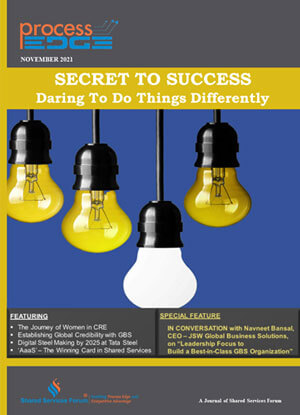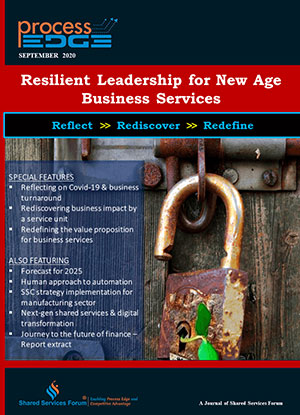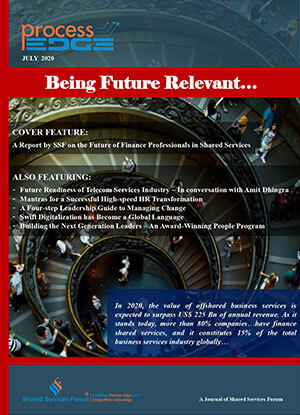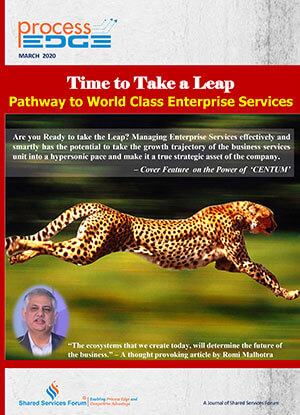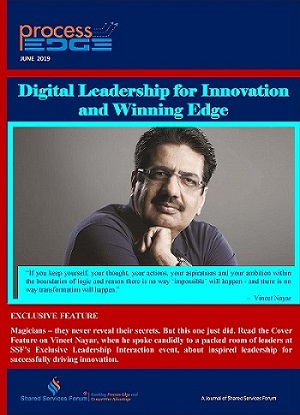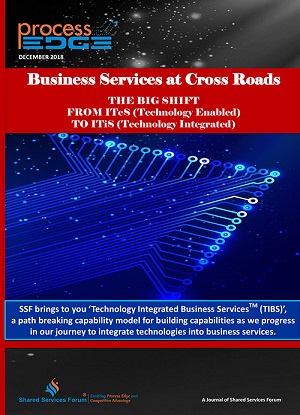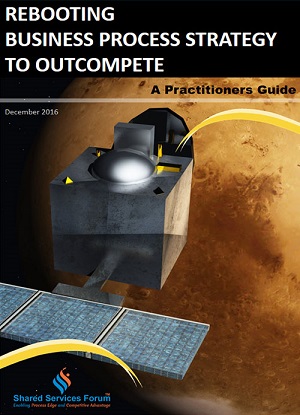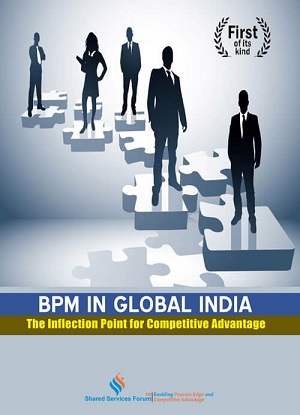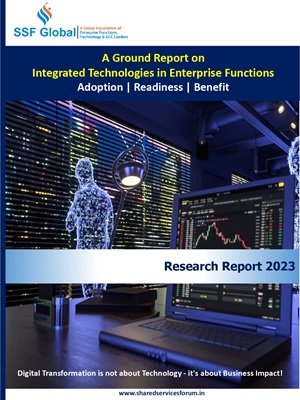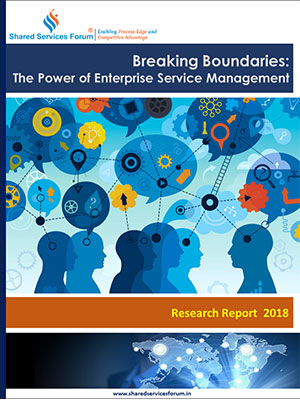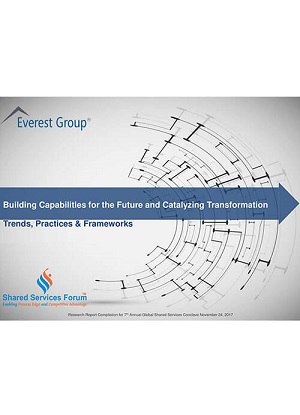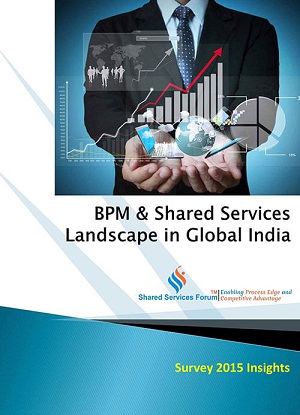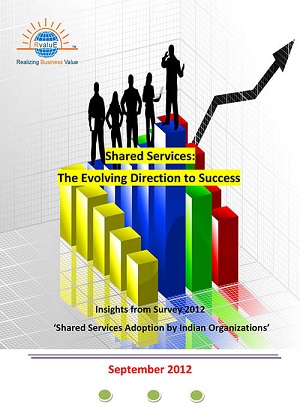
Would you like to start a conversation with other industry leaders to brainstorm a challenge or to just know more on a particular topic?
Engage in online discussions with your Peers
Start NowBy Neeraj Parashar
Over the last decade, Business Process Management (BPM) has enabled organizations to achieve significant process efficiencies and cost reductions by simplifying and optimizing processes. The onset of automation technology in BPM is reducing human intervention and making processes precise and predictable.
Customer interactions do not always follow a linear progression, making it unpredictable. To address this, we need both types of machines that work concurrently: finite state machines that run on automation for the close end back end processes, coupled with fuzzy state machines that deal with randomness at the front end to deliver optimized customer service.
In a digital environment, BPM depends on DevOps and Agile to deliver processes that improve customer experience. With the intensity of change due to external and internal business factors, costs can become unmanageable. Creating new BPM processes is time consuming, but robotics (automation) can change the existing capability landscape for businesses.
Robotics has successfully created a disruptive lever to deliver 24X7 availability at a third of the cost of traditional BPM. With additional Artificial Intelligence (AI) platforms such as Wipro HOLMES Artificial Intelligence Platform™, organizations can navigate processes that don’t follow linear patterns towards logical resolution, without human intervention. Such a platform can mimic and extend human action by giving meaning to data through observation, reasoning and inference.
How far can we ‘Gamify’ the process?
AI can reduce human touch, gamify environment and offer various logical options for executives managing a process.
For example, such a system can provide best solutions for an issue, leaving humans to make the final choice. Once the selection is made, the AI-enhanced platform uses data models, algorithms and business rules to provide Next Best Actions. Machine Learning also keeps such systems on the path of continuous improvement, making them better with each iteration.
Not everything needs to be completely robotized. If a customer calls a toll-free number, an IVR system will sort as the customer makes selections or answers questions based on prompts. Depending on the response, the call gets channeled to the right cue for a solution. When an agent attends to the customer, a screen provides the agent with relevant customer-related information. In this case, part of the process is robotized and a part is humanized.
Another example is where a customer may not require human assistance at all, such as a KYC document verification. The customer is required to upload a set of documents and an AI platform examines the documents and completes the KYC process. In this case, the entire process is robotized, with high accuracy and quick output.
The upside of gamification using AI
Aside from the 24X7 availability and lowered costs due to reusability, benefits of a gamified enterprise BPM using an AI platform include:
· Flexibility to address process, market or technological change
· Scalability and robustness with simple to complex process and outcomes deployments
· Offers standardization at the back and customization in the front to improve customer experience
· Gamification principles improve employee engagement, performance and provide customers with navigation control
· Low end and closed-loop decision making entrusted to zero maintenance bots
· Giving isolated ecosystems to customer, reducing opportunities of churn
· Opportunities to capture feedback for future enhancements
· Ability to track all process deviations and reduce risk
· Solutions that can be implemented to reduce disruptive cyber threats
Gamification is becoming popular and has been adopted across domains, from healthcare to retail. It has tremendous potential to improve BPM practices by enhancing engagement with end customers and the workforce. With the right gamification concepts, BPM can trigger accurate responses in new and interesting ways.
About the Author
Neeraj Parashar is Practice Head of Digital and Design Lab for Tech Mahindra. He is pursuing PhD in Digital Transformation, and MBA (Information Systems and Marketing) from IMS, Indore, M.Phil in Economics, Certified Six Sigma MBB, Lean Coach, PMP, CIO Said-Garter Certified Professional and an alumnus (Diploma in Software Engineering) of Carnegie University of Pittsburgh, USA.
The solutions developed by Neeraj have benefited customers not only in seeking financial impacts but also in effectively deploying Digital business strategic capabilities. Neeraj has managed enterprise-wide initiatives, led multiple teams and implemented enterprise architecture solutions.
Source: Economic Times




